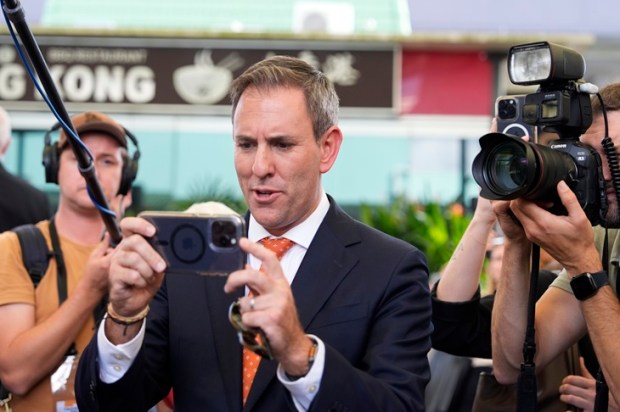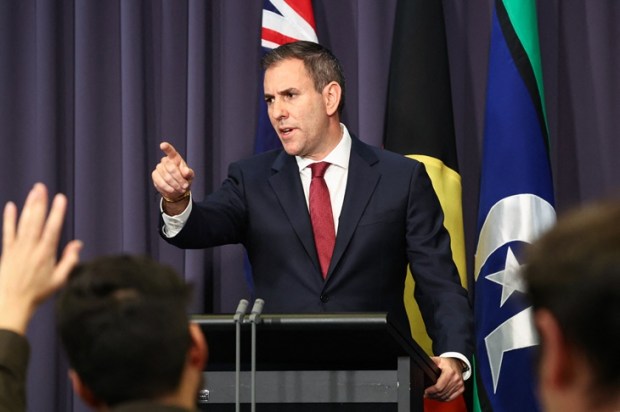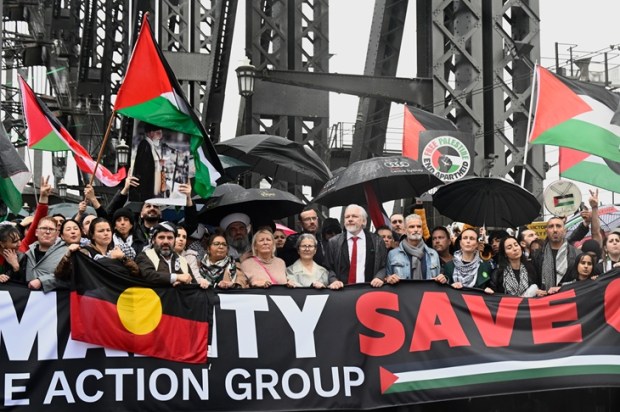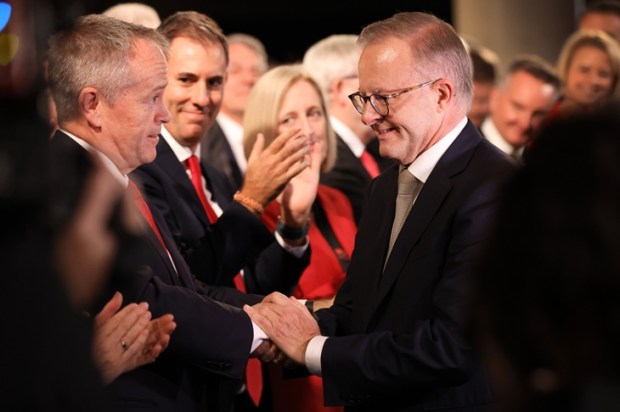I live in probably the greenest part of Australia, politically speaking. My local, state, and federal representatives in inner-city Brisbane are all members of the Greens Party. The office of Senator Larissa Waters, their leader in Federal Parliament, is located within a short walking distance of me.
This was not always the case. Less than eight years ago, all politicians at all levels of government in my area were members of the Liberal-National Party. In the once blue ribbon federal seat of Ryan, the primary vote for the LNP has gone from 52 per cent in 2016 to just over 34 per cent at the last election – an almost 18-point drop in less than 10 years.
The quality of the candidates, whether they are male or female, or how hard they campaigned, has not done anything to prevent this decline. The candidate’s stance on ‘climate’, their social media skills, their views on any foreign conflict, or any politically progressive issue, has not seemed to make any appreciable difference to this dramatic fall in support.
What exactly explains it, then?
One of the most obvious changes that has occurred over the same period is the price of housing. In the suburb I live in the price of the average family home has risen well over 100 per cent since the 2016 Federal Election. This obviously is nice for those of us who own property, but it has created political liabilities which are now being realised.
Housing has caused a bleeding of political support for the political right at both ends of the demographic spectrum.
Those who have seen a massive appreciation in capital gains tend to be older. Many have become much more interested in post-materialist concerns – like how many polar bears we are killing in the North Pole by leaving the lights on.
This, in a way, makes sense. When your primary source of wealth generation is tied up in real-world businesses you worry about tax rates and regulation. When the value of your property goes up by magic whenever Michele Bullock adjusts the interest rate dial, previous bread and butter concerns begin to matter far less to voters in these formerly conservative strongholds.
Housing has also radicalised the young.
One green-aligned TikTok influencer rails against the fact that a ‘full-time minimum wage worker in Australia can’t afford the median rent in any capital city’ and that property is out of reach of most young people. You can quibble with the details, but she is not wholly wrong.
This influencer would probably be surprised to know that leading right-wing commentator, Tucker Carlson agrees with her. ‘No wonder young people aren’t getting married, buying homes, or having children,’ exclaims the former Fox News host. ‘They can’t afford to. No wonder so many support Bernie Sanders. If this is capitalism, they don’t want any part of it. If your system is making it impossible for my children to get married, and own property, then I’m totally happy to set your system on fire and blow it up.’
If you want an explanation for why the Liberal Party has lost votes to both the left and the right. Housing is a huge part of the answer.
In this environment, lecturing young people for their views on antisemitism, ‘Wokeness’, or any other radical social issue is not going to have any impact when the major cause of their radicalisation is material not ideological.
There is no iron law of economics that says it must be this way. This social catastrophe was caused by policy and can be fixed by changes to policy. There are things that can be done that are good for the nation and good politically.
A radical lowering of immigration– not just trimming the edges in a half-hearted way – is the most practical and immediate thing that can be done. Cutting the numbers would have numerous benefits for young people: it would improve their university experience, it would lower their rent, it would stabilise housing prices, it would increase their wages, and it would help repair social cohesion.
Beyond that, tax and policy changes should be made that encourage capital toward productive enterprises rather than simply property asset appreciation.
This may upset some Liberal Party donors in the property and hospitality industry, but most are patriotic people who recognise that properly designed changes will ultimately be better for them in the long term.
The bottom line is we should be moving Heaven and Earth to ensure that young people can get into housing even if it supposedly offends cherished ‘classical liberal’ axioms.
This would not be an abandonment of Liberal Party values, but a better understanding of them.
One of the great conservative leaders in the English-speaking world was Benjamin Disraeli. He is poorly understood in Australia today and rarely cited by Liberal Party apparatchiks and think tank types who think their party is simply about ‘liberalism’. Yet Menzies quoted Dizzy regularly and approvingly.
Both understood the utmost importance of government action to address housing and elevate the material conditions of their people, particularly young people. Both would have been appalled at the current situation today. Both understood addressing this issue was not only vital for both the success of their nation but the survival of their political party.
‘The palace is not safe when the cottage is not happy,’ said Disraeli. Not making it realistic for young people to own property where they can raise children threatens the very foundations of our civilisation.
Dan Ryan is the Executive Director of The National Conservative Institute of Australia

























